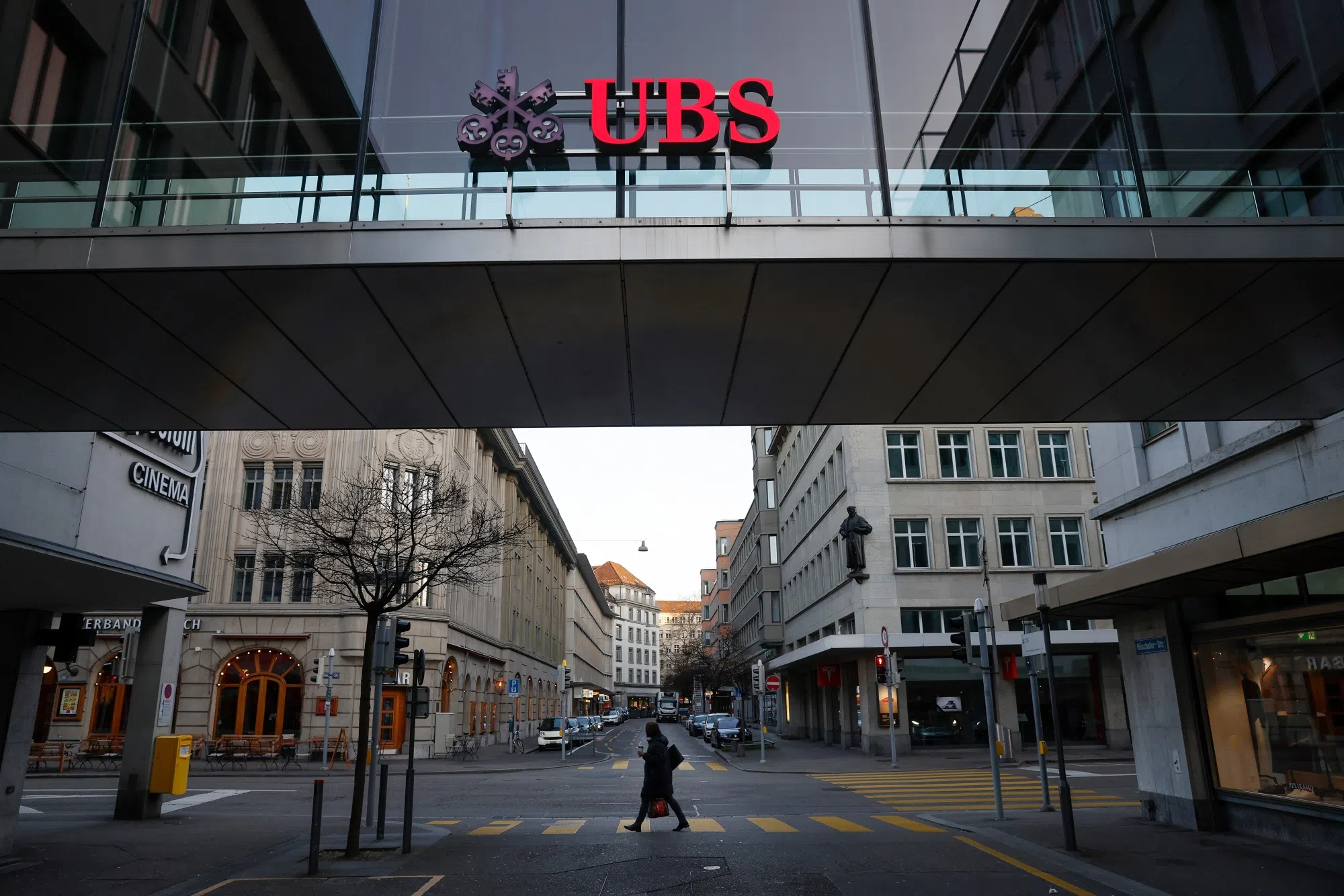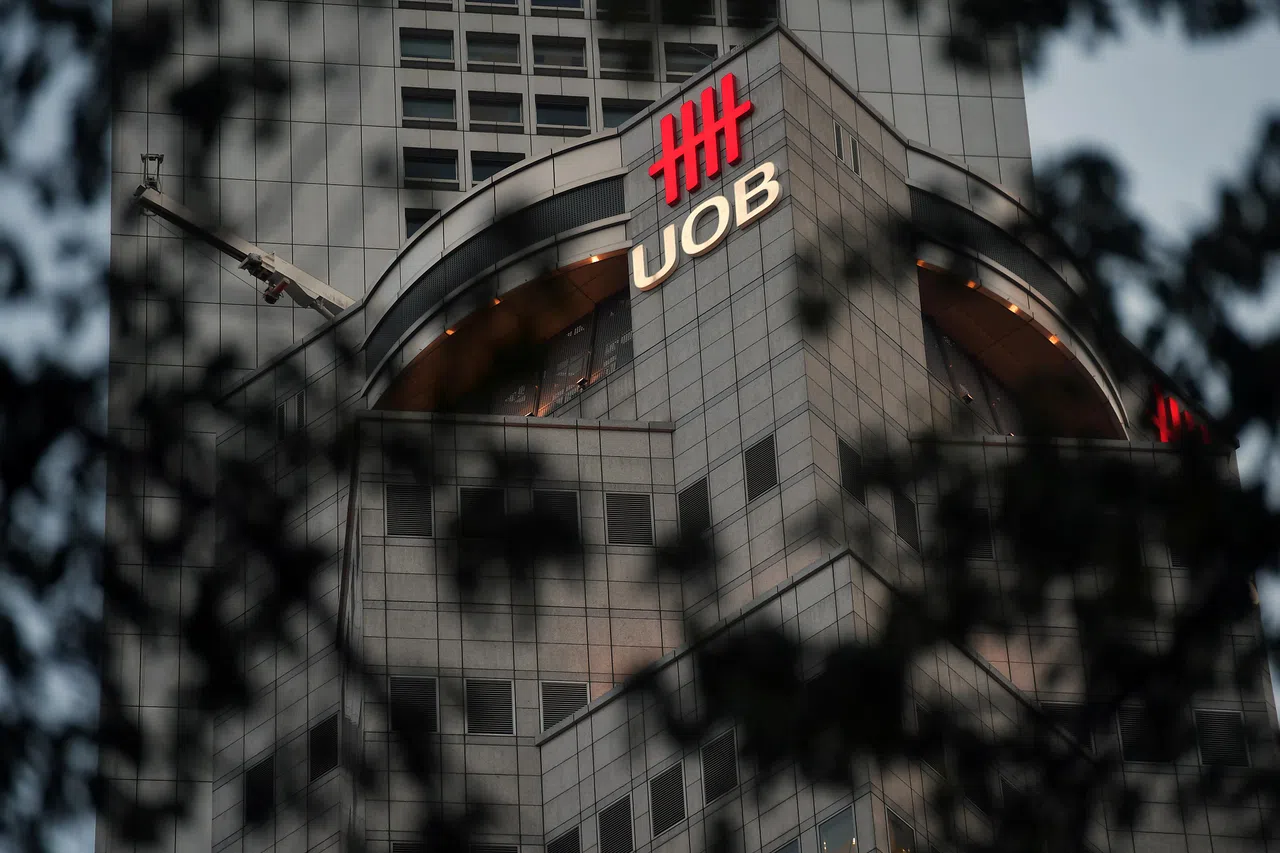UBS Group posted higher than expected profit in the second quarter, buttressing chief executive officer Sergio Ermotti’s efforts to return capital to shareholders and finalise the integration of Credit Suisse.
The Zurich-based bank said that net income was US$1.1 billion, about double analyst estimates. The key wealth management business saw strong client inflows, with US$27 billion in net new assets in the period.
In its outlook, UBS said it sees “positive investor sentiment” into the third quarter, and continued momentum in client transactions. Elections in the US and geopolitical tensions are expected to lead to higher market volatility in the second half of the year, the bank said.
A year after completing the takeover of Credit Suisse, UBS is on track for pre-merger levels of profitability, and plans to repurchase some US$2 billion in shares by 2026. Yet tougher Swiss regulation is on the horizon, including up to US$25 billion in extra capital demands, raising questions over the bank’s ability to maintain the same level of payouts.
“We continue to target up to US$1 billion in share repurchases in 2024,” the bank said.
In the integration, UBS said it had achieved a reduction of 42 per cent in the Credit Suisse assets marked for wind-down since the second quarter of last year, and US$8 billion in the last quarter alone.
In the wealth management division, profit before tax came in below analyst estimates at US$871 million, with the gap driven largely by higher compensation of financial advisers. The investment bank outperformed expectations, posting US$477 million profit before tax in the quarter, driven by higher revenues in global markets and global banking businesses.
UBS recently reorganised its wealth management arm into a new unit that brings its range of wealth offerings under one roof. The bank also reshuffled its leadership structure, appointing investment bank head Robert Karofsky to run its US business and jointly oversee wealth with Iqbal Khan. Khan was also made president of the Asia-Pacific region.
Into the third quarter, the bank said it expected to book about US$1.1 billion in integration-related expenses, while the pace of cost-savings will decline modestly, it said. BLOOMBERG




